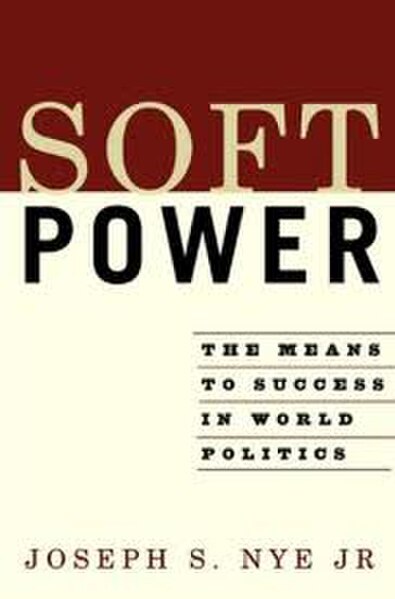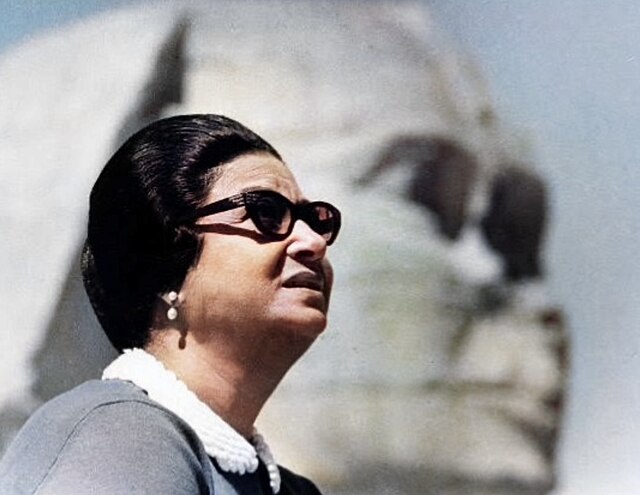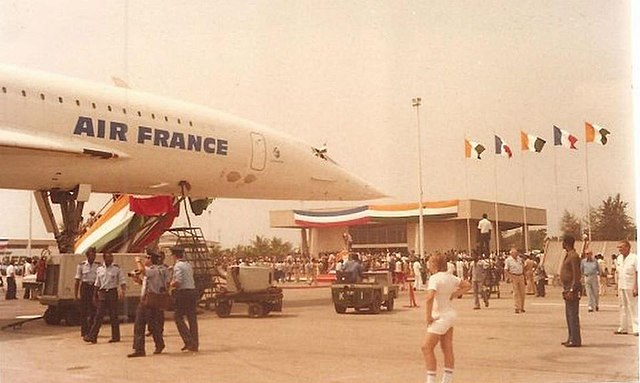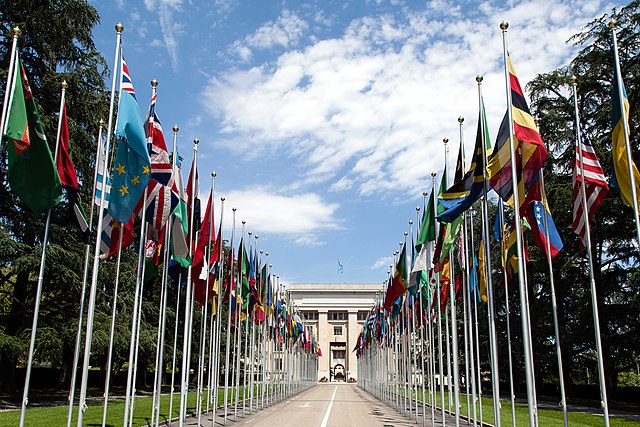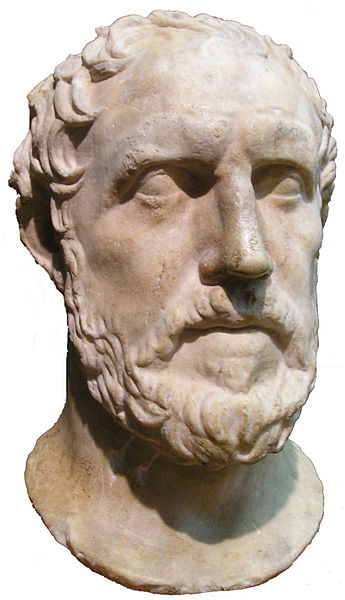In politics, soft power is the ability to co-opt rather than coerce. It involves shaping the preferences of others through appeal and attraction. Soft power is non-coercive, using culture, political values, and foreign policies to enact change. In 2012, Joseph Nye of Harvard University explained that with soft power, "the best propaganda is not propaganda", further explaining that during the Information Age, "credibility is the scarcest resource".
Joseph Nye's 2004 book describing the concept of "soft power"
Umm Kulthum, example of Egypt's soft power in the 20th century Arab World
The supersonic jet Concorde arrives in Ivory Coast, a former French colony, in 1978. Concorde was often used as a symbol of French prestige and a vessel of soft power.
International relations (IR) are the interactions among sovereign states. The scientific study of those interactions is also referred to as international studies, international politics, or international affairs. In a broader sense, the study of IR, in addition to multilateral relations, concerns all activities among states—such as war, diplomacy, trade, and foreign policy—as well as relations with and among other international actors, such as intergovernmental organizations (IGOs), international nongovernmental organizations (INGOs), international legal bodies, and multinational corporations (MNCs). There are several schools of thought within IR, of which the most prominent are realism, liberalism and constructivism.
In 2012 alone, the Palace of Nations in Geneva, Switzerland, hosted more than 10,000 intergovernmental meetings. The city hosts the highest number of international organizations in the world.
The field of international relations dates from the time of the Greek historian Thucydides.
The official portraits of King Władysław IV dressed according to French, Spanish, and Polish fashion reflects the complex politics of the Polish–Lithuanian Commonwealth during the Thirty Years' War.
NATO International Security Assistance Force in Afghanistan

